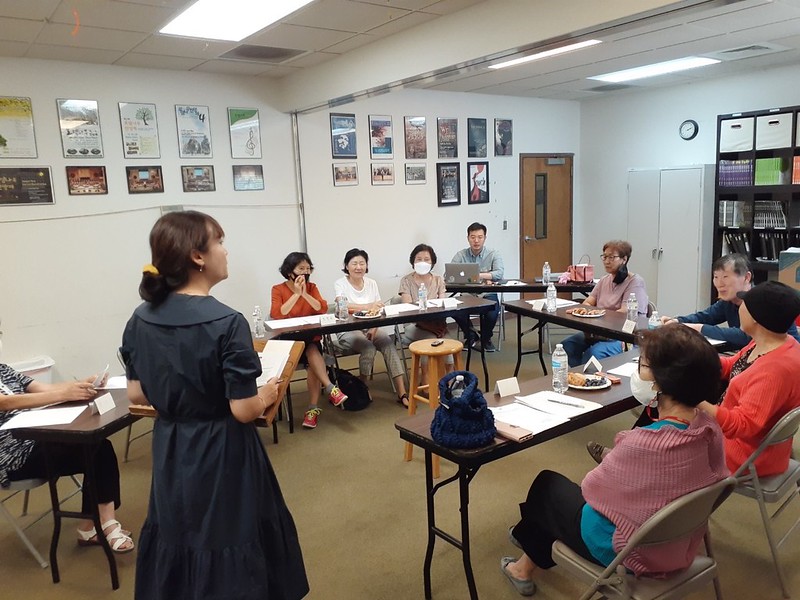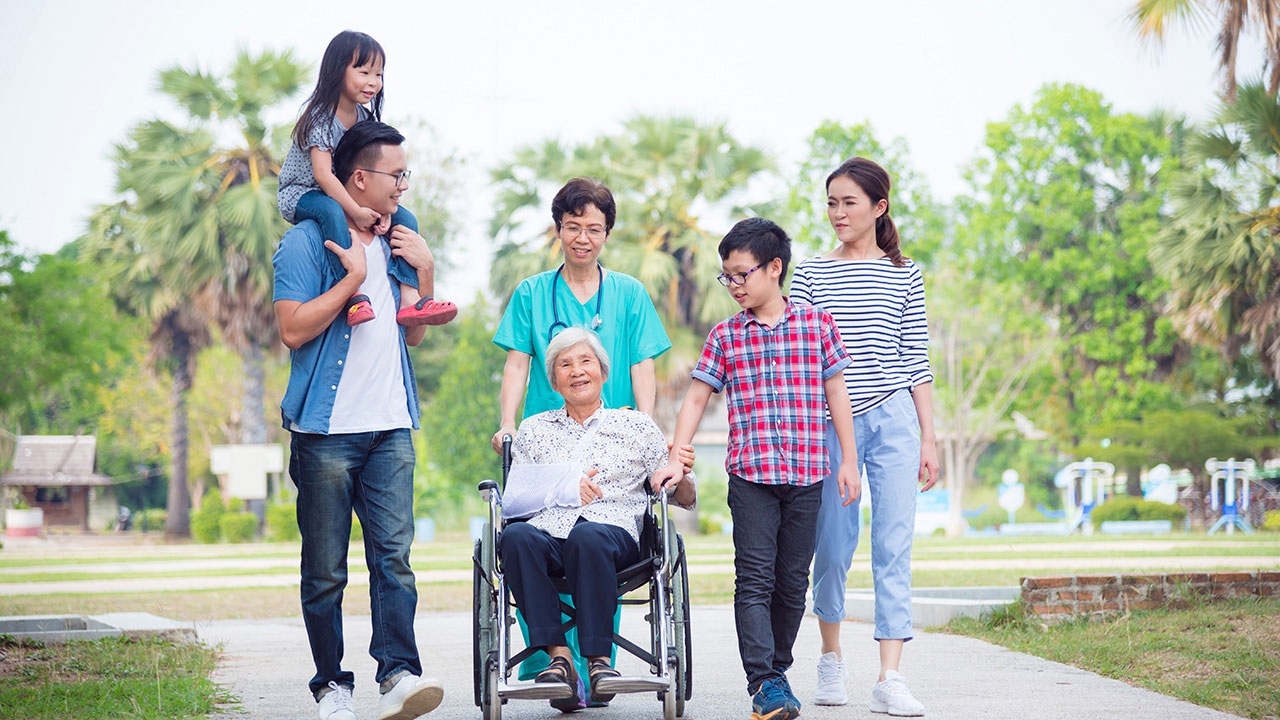content body

Hae Sagong, a faculty member in Auburn’s College of Nursing, is researching ways to make it easier for Korean immigrants over 50 to obtain health care in the U.S.
Even though the state of Alabama has seen an influx of Korean immigrants in the past decade, when these individuals face an illness or ailment, many find it easier to hop on a flight to South Korea than to see a local medical provider.
Having moved to the U.S. from South Korea four years ago, Hae Sagong, a faculty member in Auburn’s College of Nursing, has experienced these challenges firsthand. Her current research focuses on finding ways to help Korean immigrants over 50, who are less likely to develop English language proficiency, to obtain health care in the U.S. This most recent study received funding from the Auburn College of Nursing Bonnie and Leo Sanderson Annual Fund for Excellence for Research.
Within her first few weeks of living in Auburn, Sagong needed medical treatment. When she went to the doctor’s office, she was disappointed to find the Korean language translation at the check-in kiosk was inaccurate, and her experience only went downhill from there.
“Every step of accessing health care in the U.S. proved to be a significant challenge for me,” she said. “Despite my background as a nurse, I was completely out of my depth. I had to figure out where to pay my medical bills and how to obtain prescribed medications, and I felt frustrated and exhausted because there were no readily available resources to guide me through the process.”
As Sagong got to know others in the local Korean community, she found most do not have a primary care physician in the U.S. and often try to ignore illnesses and injuries in the hopes they go away. When symptoms become unbearable, some of her acquaintances head to a Korean clinic in Atlanta, but the vast majority put off treatment until they can make the long flight back to South Korea. Sagong even does the same thing herself.
“I can attest that virtually all Korean immigrants prioritize specific clinics they've been wanting to visit while they're in Korea,” she said. “During their visits, they seek dental care, annual checkups, obstetrics and gynecology (OB/GYN), dermatology and health screenings. Based on my observations, I'm confident this phenomenon is more prevalent among older immigrants.”
Sagong knows delaying care leads to negative health outcomes, and while this is especially true of older adults, it’s applicable across age groups.
“Many women are not visiting the OB/GYN at all,” she said. “They are not doing regular cervical or breast cancer screenings here. People who can’t regularly go to Korea due to work or family may be missing out on years of preventative health care.”
As she began to form her research ideas, Sagong approached members of the Korean church she attends and posted on Korea Corner’s online community. Her findings indicate that health literacy and social support are vital for older Korean immigrants to obtain health care in the U.S. Unfortunately, many participants in her studies say because of the language barrier and limited local Korean language resources, they rely solely on their family and friends instead of looking to the community for assistance.
“We need more expanded community-level support and efforts for this immigrant population, and these will strengthen individual-level social support and personal health literacy,” she said.
While her current research focuses on older Korean immigrants, she hopes her findings can be applied across communities and age groups in the future. She was recently awarded funding from the Patient-Centered Outcomes Research Institute (PCORI) to engage Korean immigrants and stakeholders to identify research priorities of health care access issues. This PCORI-funded project will start in March.
“My initial encounter with the U.S. health care system proved to be an overwhelmingly indescribable experience,” she said. “This firsthand experience underscored the critical need for support and guidance for immigrant populations.”
Want to learn more about ongoing research in Auburn's College of Nursing?
Read more




